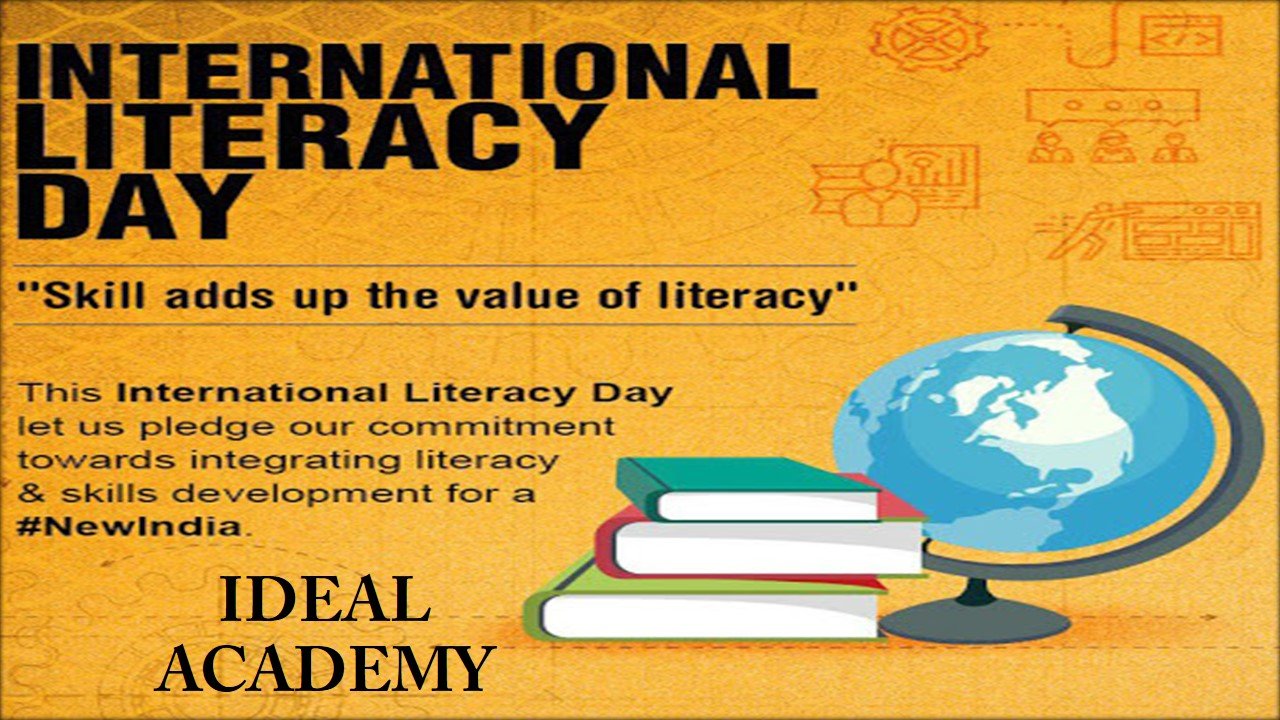08 September – 2020
September 8th marks the International celebration and awareness campaign on literacy. The holiday was declared by the United Nations Educational, Scientific and Cultural Organization (UNESCO) in 1964. Year round UNESCO seeks to keep literacy high on national, regional and international agendas. Through literacy programs UNESCO aims to create a literate world and promote literacy for all.
Today one in five adults (around 796 million) lack minimum literacy skills, with two-thirds of them being women. 67.4 million children throughout the world are not enrolled in school and miss out on basic fundamentals of education.
UNESCO states the importance of literacy on their website:
“Literacy is a human right, a tool of personal empowerment and a means for social and human development. Educational opportunities depend on literacy.
Literacy is at the heart of basic education for all, and essential for eradicating poverty, reducing child mortality, curbing population growth, achieving gender equality and ensuring sustainable development, peace and democracy. There are good reasons why literacy is at the core of Education for All (EFA).
A good quality basic education equips pupils with literacy skills for life and further learning; literate parents are more likely to send their children to school; literate people are able to access continuing educational opportunities; and literate societies are geared to meet pressing development.”
The saddest aspect of India’s literacy statistics is the disproportionate percentage of women who remain illiterate. Sixty per cent of India’s illiterates are women. Female literacy (43 per cent) was 26 percent below the male literacy (69 percent). No society has ever liberated itself economically. Politically, or socially without a sound base of educated women. The two- word mantra to promote development in the world: “educate girls”. Scholarly studies and research projects have established what common sense might already have told us: that if you educate a boy, you educate a person, but if you educate a girl, you educate a family and benefit an entire community.
Certainly, there is no better answer. India must educate itself – achieve 100 per cent literacy nationwide- if we are to fulfill the aspirations we have to dare to articulate, and rise to the development challenges of the 21st century.

